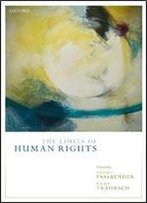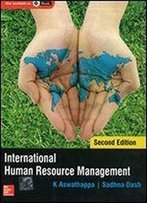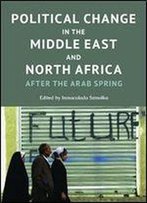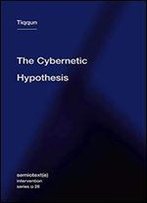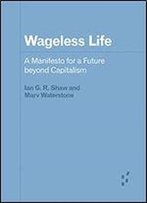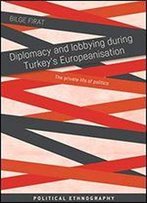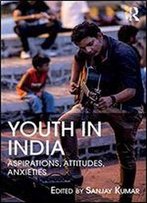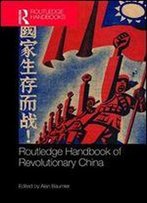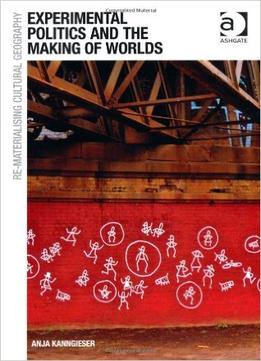
Experimental Politics And The Making Of Worlds. Anja Kanngieser
by Anja Kanngieser /
2013 / English / PDF
937.9 KB Download
Creative strategies have been central to global social movements. From the theatrics of the 1999 Seattle protests, to the rebel clowns at the 2005 G8 summit in Gleneagles and the antics of the Yes Men, the crossovers between art and politics have increasingly become more visible and more prolific. Since the beginning of the twenty first century artists, activists and theorists have been debating art activism, guerrilla communication and tactical media, and what has become clear is that something about these forms is capturing public imagination and media attention. The catch, though, is that this 'something' is quite slippery, making it difficult to pin down exactly what these strategies and activities are, how they work and why. This book explores an innovative form of creative and communicative politics: the 'performative encounter', as a strategy for facilitating new ways of being, relating and making worlds. It examines a range of its common material tactics and performance forms - from hoaxes to micronations, collective occupations to fakes, self-proclaimed precarious superheros to free universities. Unlike existing scholarship that frames such encounters in artistic or cultural terms, this book analyzes performative encounters through a political lens to accentuate their socio-political potential, engaging a wealth of material from political and aesthetic philosophy, political science, performance studies and geography, to subaltern social movement texts. Intertwining conceptual and ethnographic research, it uniquely maps out one narrative of the encounter, tracing a line through the twentieth century from the Berlin Dadaists, to the Situationist International, to several contemporary German collectives and campaigns, showing how performative encounters intervene in global and local issues such as the privatization of public space and resources, human mobility and the corporatization of education. As such, it expands upon contemporary social movement scholarship by providing students, researchers and practitioners with an original and vital exegesis on a form of radical politics that mobilizes new collective subjectivities, new relationships between people, and new ways of constructing and understanding space and place.
